As we age, staying healthy, active, and safe becomes a top priority. Thankfully, modern technology has made life easier, especially for seniors. Wearable technology for seniors is no longer just about fitness trackers; it’s about peace of mind, emergency alerts, and even chronic disease management—all wrapped into a simple, easy-to-use device.
Let’s explore how these devices are transforming senior care.
Table of Contents
Why Wearable Technology for Seniors Matters
Growing older shouldn’t mean giving up independence. Yet, concerns about falls, medication reminders, or sudden health issues can make seniors and their families anxious. That’s where wearable technology for seniors shines—it bridges the gap between independence and safety.
These devices can:
- Detect falls and send alerts – Some wearables automatically notify emergency contacts if a fall occurs.
- Monitor heart rate and blood pressure – Keeping track of vital signs helps manage chronic conditions.
- Provide GPS tracking – Great for seniors with dementia who may wander.
- Send medication reminders – Never miss a pill with gentle vibrations or alerts.
- Encourage physical activity – Step counters and movement reminders keep seniors active.
With so many options available, there’s a perfect wearable for every need.
Top Wearable Devices for Seniors
1. Medical Alert Smartwatches
Gone are the days of bulky emergency pendants. Today’s medical alert devices look like stylish smartwatches but come with life-saving features. These devices provide instant emergency assistance, ensuring help is just a button press away for seniors or those with chronic conditions. They also track vital signs, offering peace of mind to users and caregivers.
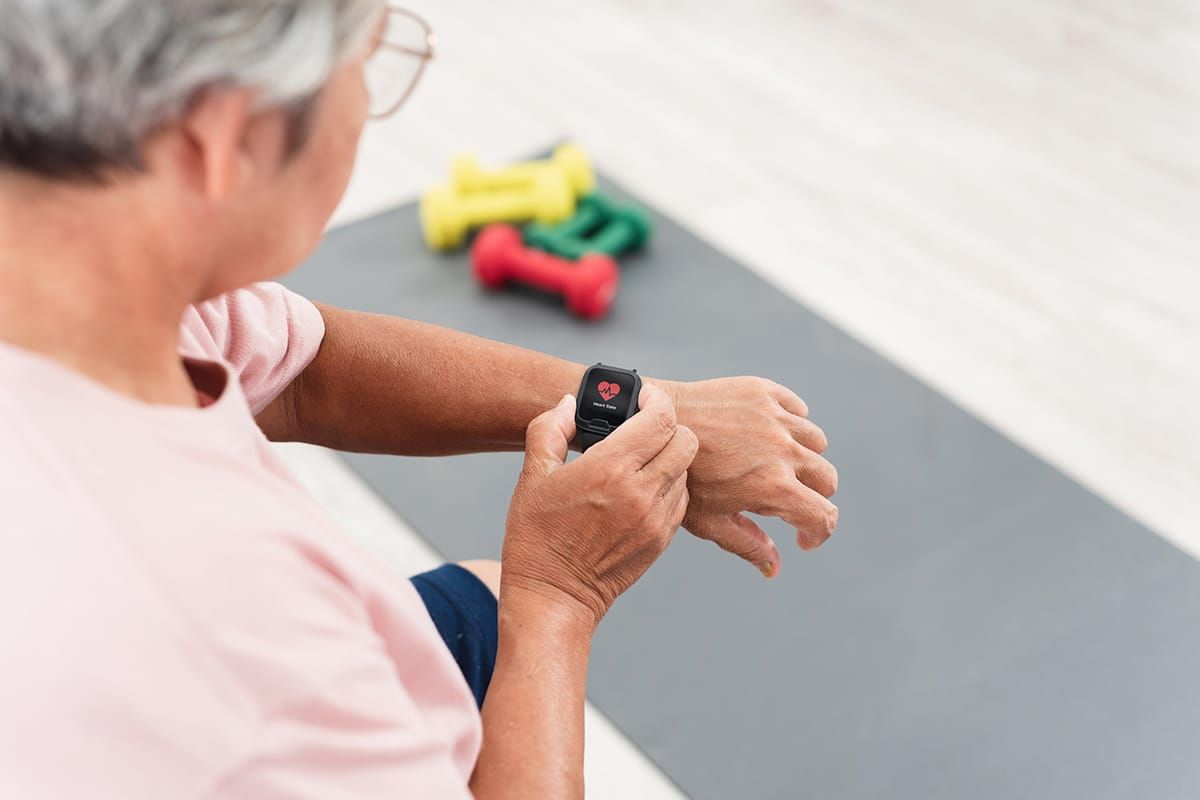
Medical Alert Smartwatches
Top Picks:
Apple Watch (with fall detection) and UnaliWear’s Kanega Watch offer:
- One-touch emergency calls
- Fall detection with automatic alerts
- Voice-activated assistance
These watches also track daily activity, making them a great all-in-one solution.
2. GPS Tracking Wearables
Ideal for children and seniors, these wearables allow real-time location monitoring to prevent wandering or getting lost. They also enhance safety during outdoor activities or travel. For seniors with Alzheimer’s or dementia, wandering can be a serious concern.
GPS Tracking Wearables
Top Picks:
AngelSense and GPS SmartSole (a shoe insole with GPS) allow caregivers to track their loved one’s location in real time. Some even set up safe zones and send alerts if the wearer goes beyond them.
3. Health Monitoring Bands
Continuously tracking metrics like heart rate and sleep patterns, these bands help users proactively manage their wellness. They can also alert wearers to potential health issues before they become serious. Chronic conditions like diabetes or hypertension require constant monitoring. Modern wearables help seniors keep an eye on their health without frequent doctor visits.
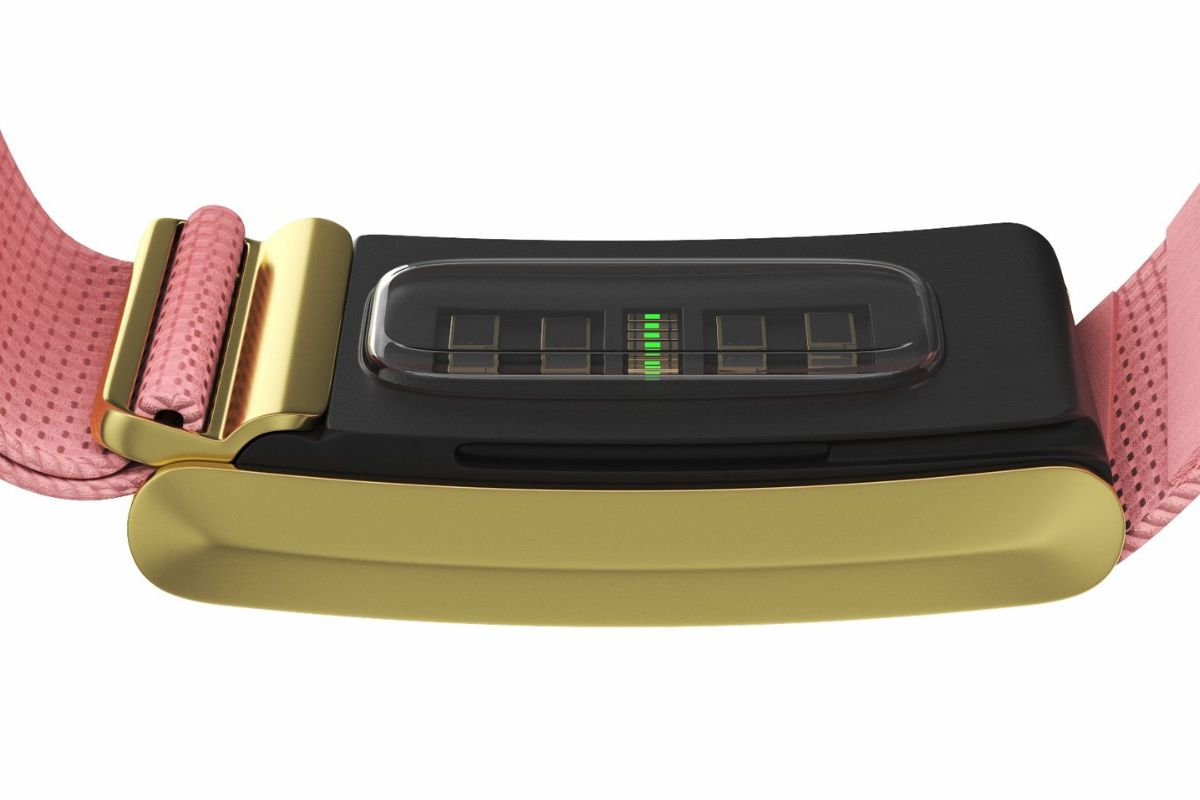
Health Monitoring Bands
Top Picks:
Fitbit Charge 5 and Omron HeartGuide (a blood pressure monitor watch) offer:
- Continuous heart rate monitoring
- Blood pressure tracking (Omron HeartGuide)
- Activity and sleep tracking
- ECG capabilities for heart health
These devices provide valuable health insights that can be shared with healthcare providers.
4. Fall Detection Pendants
Automatically detecting falls and summoning emergency services, these pendants are lifesavers for the elderly or those with mobility issues. They reduce response time during critical situations, improving outcomes. The devices are traditional but effective. These gadgets are always ready to call for help when needed.
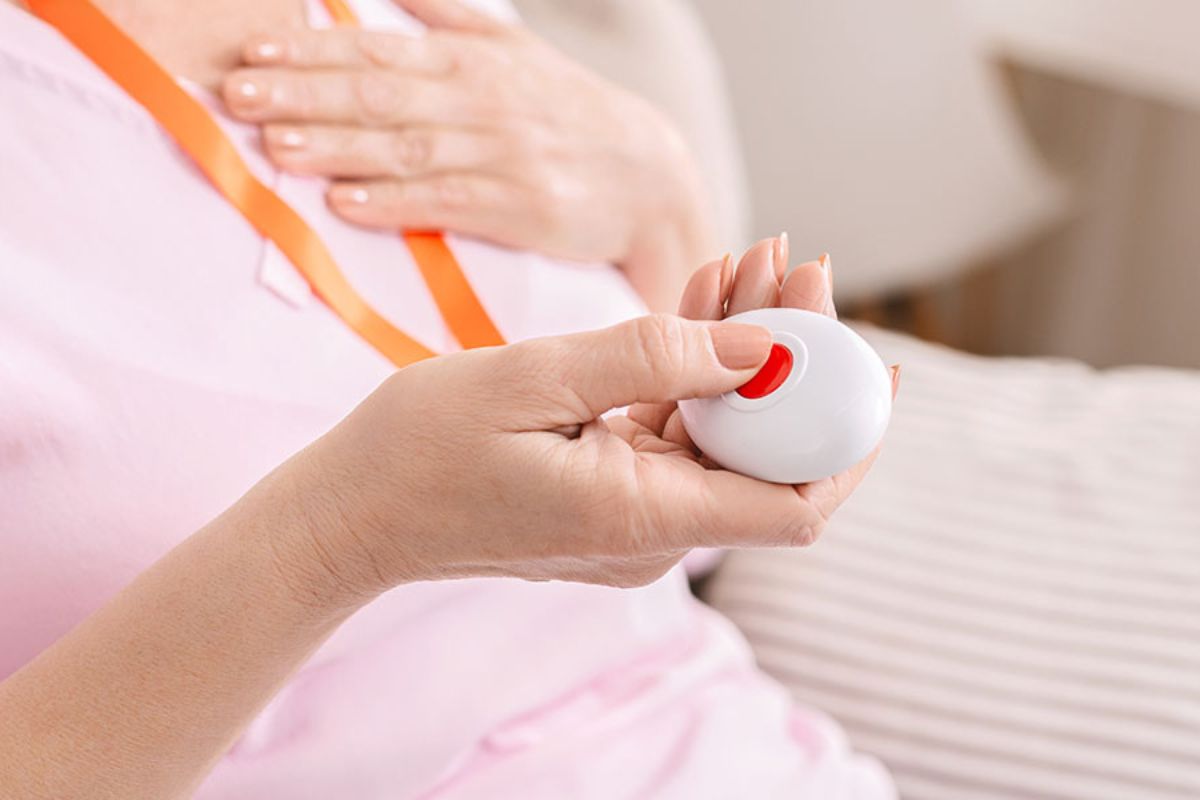
Fall Detection Pendants
Top Picks:
Life Alert and Bay Alarm Medical’s fall detection necklace offer:
- Waterproof, lightweight designs
- One-button emergency calls
- Automatic fall detection technology
- 24/7 monitoring center support
These pendants provide peace of mind for seniors living alone.
5. Smart Hearing Aids
Hearing loss is common among seniors, but modern hearing aids offer much more than just sound amplification. These gadgets enhance hearing while connecting to smartphones for seamless calls and audio streaming. They also adapt to environments, improving the quality of life for those with hearing loss.
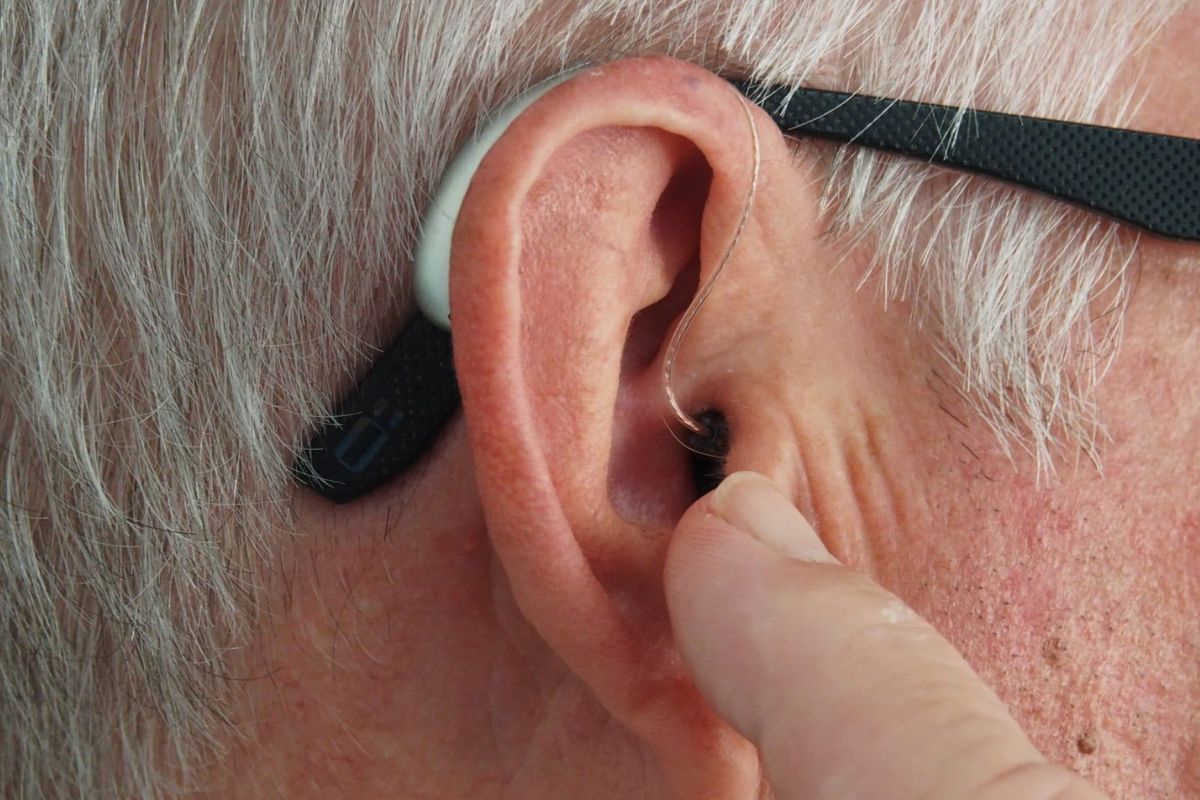
Smart Hearing Aids
Top Picks:
Starkey Livio AI hearing aids provide advanced features including:
- Physical activity tracking
- Fall detection alerts
- Language translation capabilities
- Bluetooth connectivity for phone calls and music
- Rechargeable options
These devices combine hearing assistance with smart technology for enhanced quality of life.
How to Choose the Right Wearable for Your Needs
With so many options, picking the best wearable technology for seniors depends on individual needs. Here’s a quick guide:
- For emergency alerts: A medical alert watch or pendant with fall detection.
- For health tracking: A smartwatch that monitors heart rate, blood pressure, or blood oxygen.
- For dementia care: A GPS tracker with geofencing alerts.
- For staying active: A fitness band with step counting and gentle reminders to move.
Bonus Tip: Look for devices with long battery life, simple interfaces, and waterproof designs for hassle-free use.
Overcoming the Tech Barrier
Some seniors may hesitate to try wearables, thinking they’re too complicated. But today’s devices are designed with simplicity in mind:
- Large buttons & voice commands make them easy to operate.
- Family caregivers can sync the device to their phones for remote monitoring.
- Many companies offer 24/7 support to help with setup.
Encouraging seniors to try them out with patience and reassurance can make all the difference.
The Future of Wearable Technology for Seniors
The world of wearable technology for seniors is evolving fast. Soon, we might see:
- More AI-powered health predictions (like detecting early signs of illness).
- Better integration with doctors for real-time health updates.
- More stylish, discreet designs that seniors will love wearing daily.
The goal? To help seniors live confidently, knowing help is always within reach.
Final Thoughts
Wearable technology for seniors isn’t just about gadgets—it’s about empowering older adults to live independently while staying safe and healthy. These devices provide invaluable support for seniors and their families.
If you’re considering a wearable for yourself or a loved one, start by identifying the most significant need (safety, health, or activity) and choose a device that fits seamlessly into daily life. After all, technology should make life easier, not more complicated.
Have you or a loved one tried a senior-friendly wearable? Share your experience in the comments—we’d love to hear what works for you!

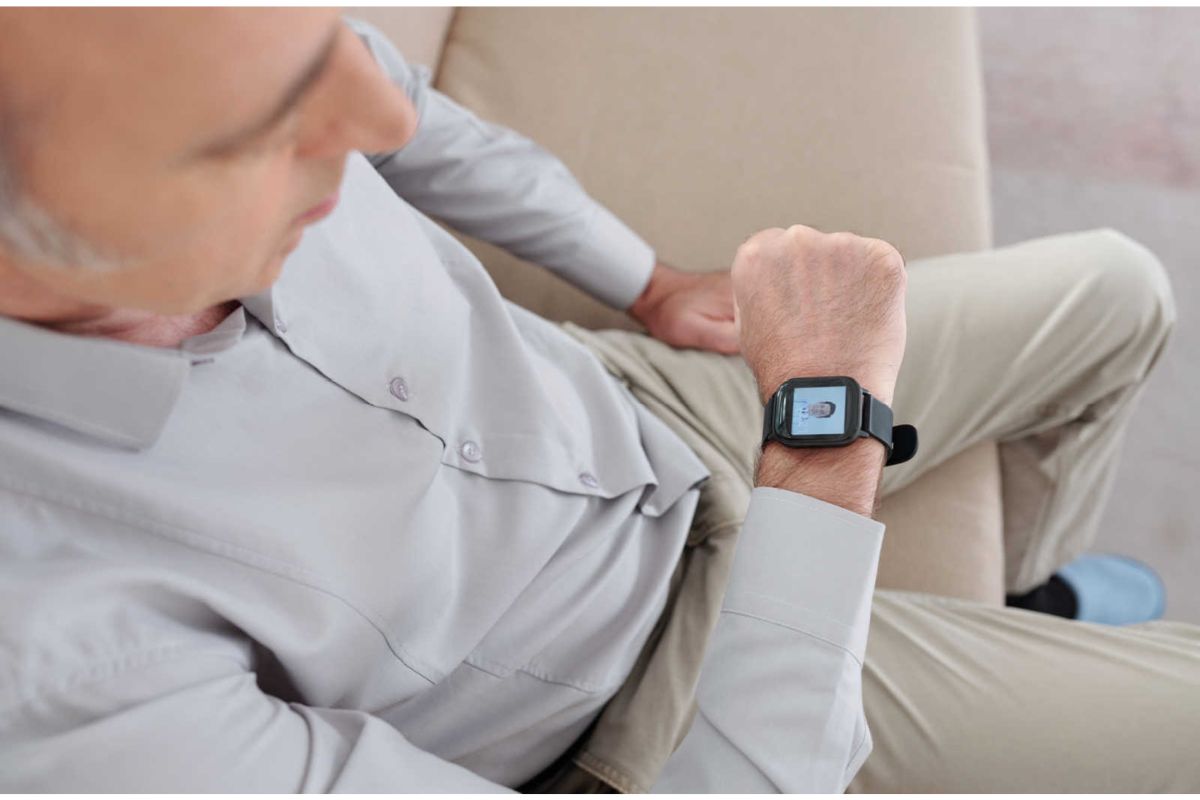
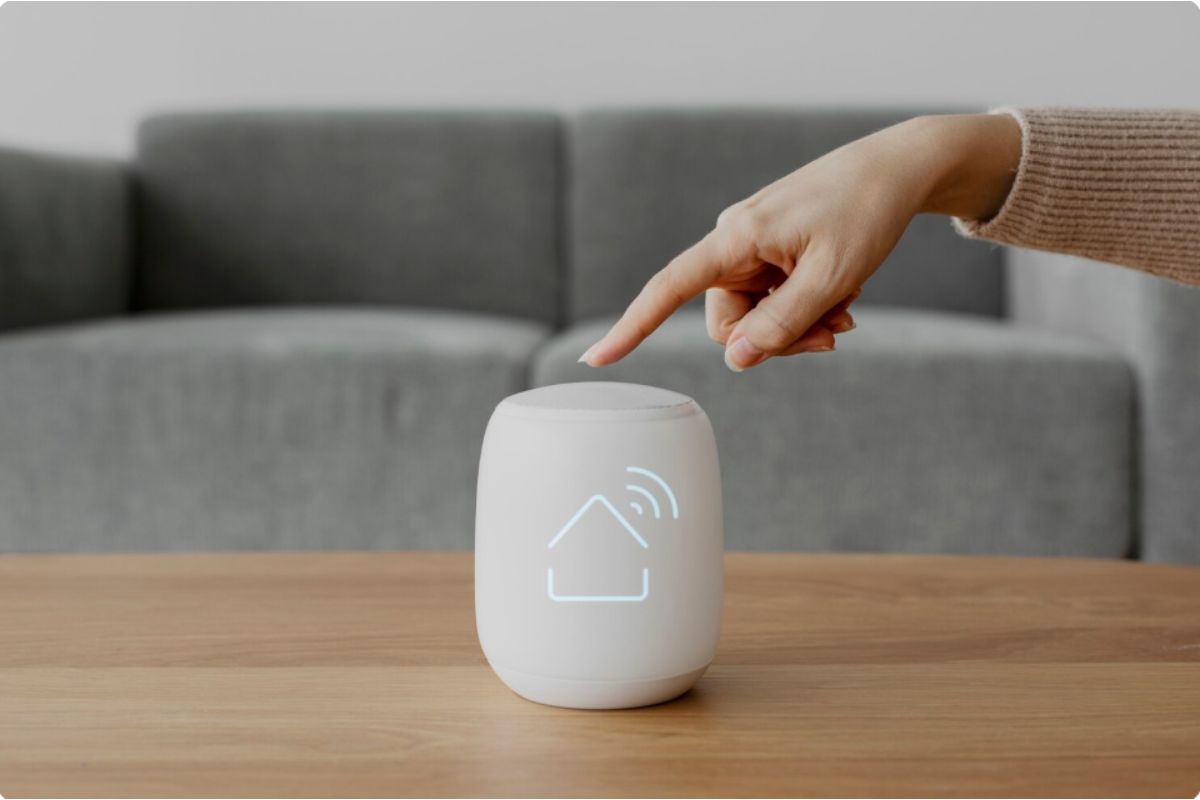
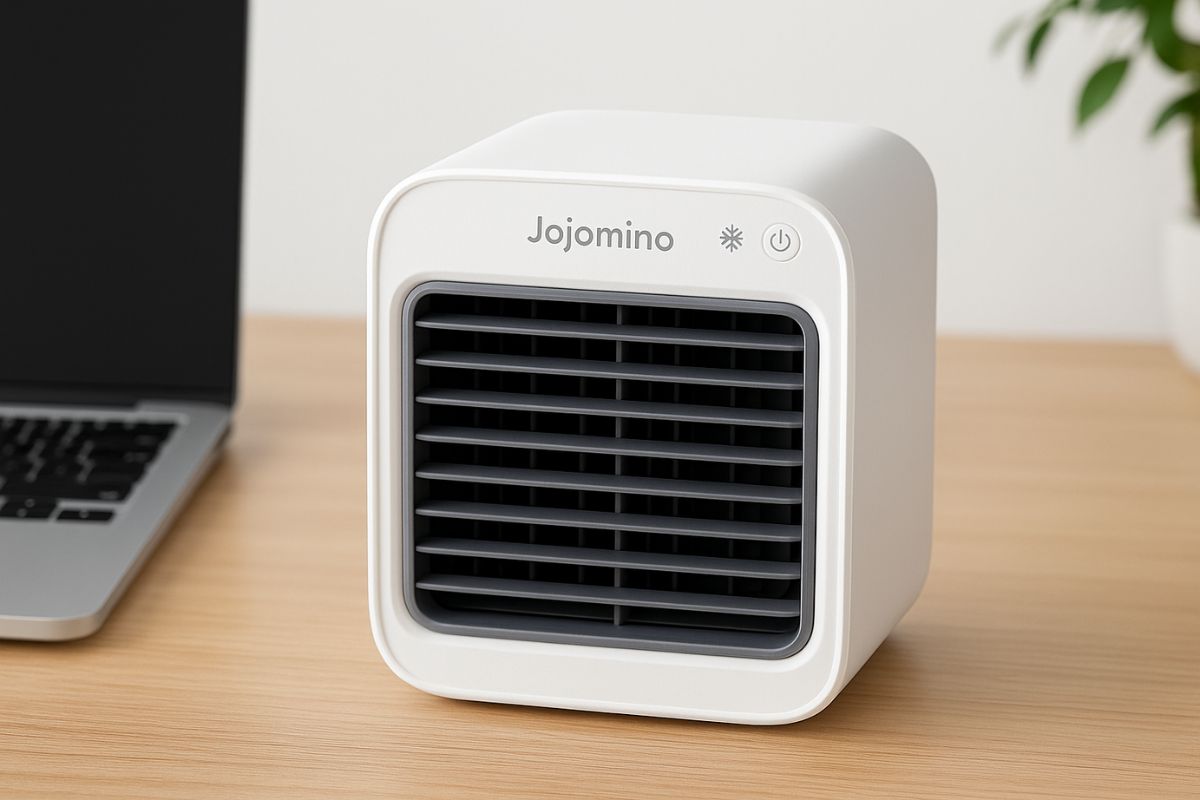


Leave a Reply